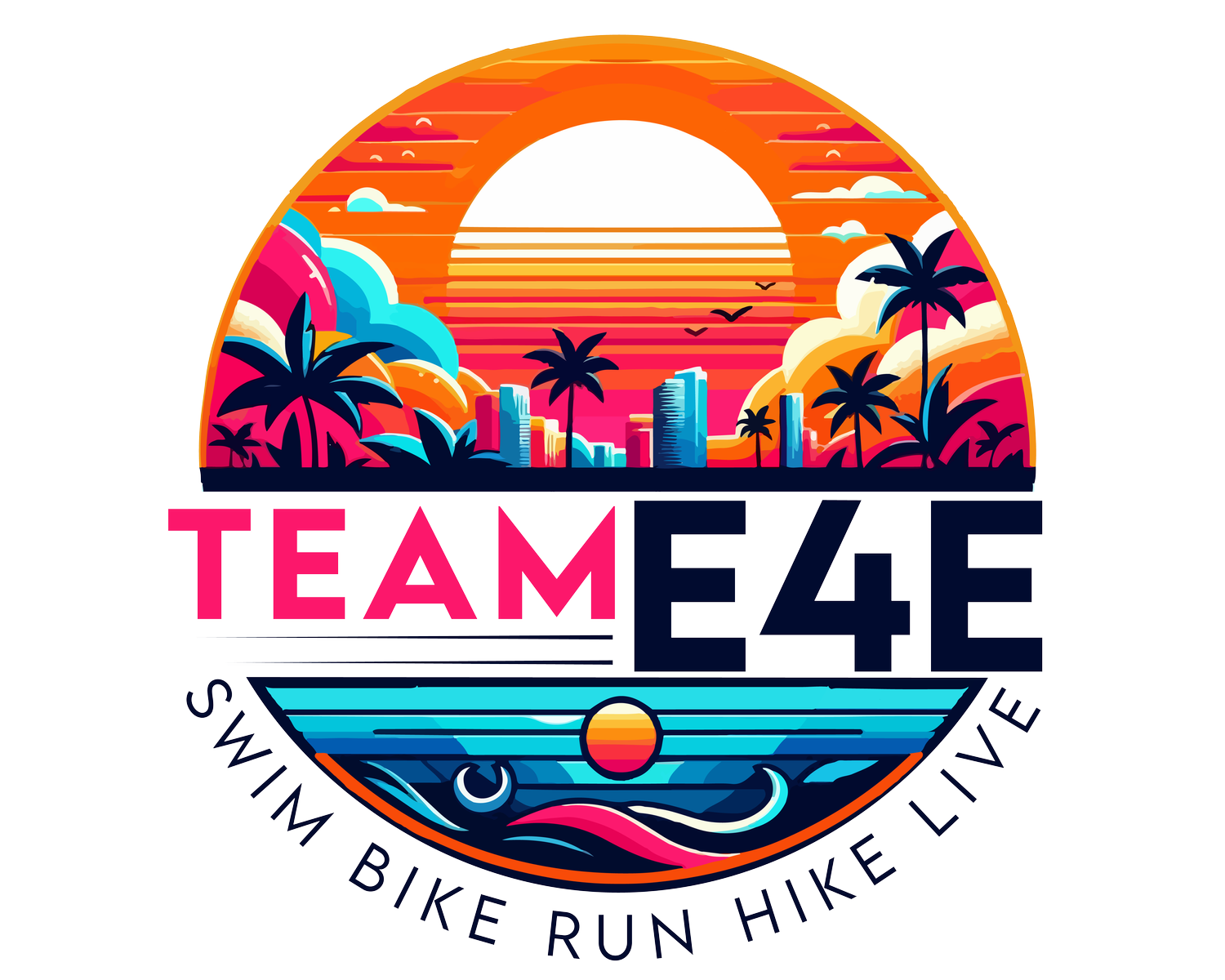Beyond Body Types: The Truth and the Future of Personalized Nutrition
In a world obsessed with quick fixes and cookie-cutter solutions, the allure of body-type dieting has captivated many, promising a tailored path to wellness that seems intuitive and scientific. But beneath these seemingly personalized dietary plans lies a complex web of myths, misunderstandings, and oversimplifications. "Beyond Body Types: The Truth About Dieting Myths and the Future of Personalized Nutrition" aims to unravel these complexities, explaining why body type dieting falls short and how the emerging field of personalized nutrition is poised to revolutionize our approach to health and wellness.
As we embark on this journey, we'll explore the shaky scientific foundations of somatotype dieting, the psychological impacts of categorizing bodies, and the real-world consequences of adhering to diets that promise much but deliver little in terms of sustainable health benefits. By contrasting these with the principles of personalized nutrition—a discipline grounded in genuine scientific research and acknowledging the unique genetic, environmental, and lifestyle factors that influence our dietary needs—we'll shed light on a more promising path toward achieving our health goals.
This article is a critique and a beacon of hope for those navigating the tumultuous seas of dietary advice, seeking a harbor where the science of nutrition meets the reality of individual differences. Welcome to a conversation beyond the superficial, aiming to empower and inform your journey toward a healthier, happier you.
The Premise of Body Type Dieting
Body type dieting, also known as somatotype dieting, is a concept that suggests individuals can optimize their health, weight, and overall wellness by eating according to their body type. The notion of somatotypes—ectomorph, mesomorph, and endomorph—was initially developed in the 1940s by psychologist William Herbert Sheldon. Sheldon categorized bodies based on their physical appearance and associated them with certain personality traits, a theory that has been largely discredited. However, some diet and fitness enthusiasts have repurposed the classification of body types to suggest that people can tailor their nutrition and exercise regimens to suit their body's natural predisposition.
The Science—or Lack Thereof
The scientific basis for body type dieting is thin. While it's undeniable that genetics play a role in body shape and how individuals store fat or build muscle, the leap to specific diets for specific body types lacks rigorous scientific support. Nutritional science underscores the importance of a balanced diet and regular exercise as cornerstones of health rather than prescriptive diets based on physical appearance.
A systematic review might explore the relationship between body composition and dietary responses. Still, such research emphasizes the complexity of nutrition and metabolism, which cannot be simplistically categorized by body type. For instance, a study published in the "Journal of the International Society of Sports Nutrition" found no one-size-fits-all approach to diet and exercise, advocating instead for personalized nutrition plans based on individual health goals and needs rather than body type.
Psychological and Social Implications
One of the most concerning aspects of body type dieting is its potential to perpetuate harmful stereotypes and body image issues. The classification of bodies into distinct types can inadvertently reinforce the idea that some body shapes are more desirable than others, leading to dissatisfaction and unhealthy behaviors.
The emphasis on body types can also exacerbate eating disorders. The National Eating Disorders Association (NEDA) warns against any dieting practice that promotes restrictive eating patterns as potentially triggering. Moreover, the pressure to conform to an ideal body type, even in the context of dieting, can contribute to anxiety and depression.
Real-World Examples and Misconceptions
The wellness industry is rife with diet plans and fitness programs tailored to body types. These range from books and online courses to personal training services that promise results based on the somatotype dieting principle. Anecdotal success stories abound, but so do tales of frustration and failure, highlighting the variability of individual responses to diet and exercise.
The Promise of Personalized Nutrition
In contrast to body type dieting, the emerging field of personalized nutrition offers a more scientifically grounded approach to diet planning. This discipline considers genetic, environmental, and lifestyle factors to create truly personalized dietary recommendations. Companies like 23andMe and Nutrigenomix offer genetic testing to identify specific nutritional needs or sensitivities, moving well beyond the simplistic categorization by body type.
Conclusion
The allure of body type dieting lies in its simplicity and the promise of customized solutions in an era of information overload. However, the lack of scientific validation and potential psychological harm suggest that individuals approach such diets cautiously. Health and nutrition are deeply personal and complex, influenced by many factors beyond physical appearance.
The future of dietary planning lies not in broad categorizations by body type but in personalized nutrition that respects individual differences and promotes a balanced, sustainable approach to health. As the field of nutritional science advances, it is hoped that more precise and personalized recommendations will emerge, offering paths to wellness that are both effective and respectful of the diversity of human bodies.
In sum, while body-type dieting presents an appealing shortcut to health and fitness, its problematic premises and lack of scientific foundation make it a path fraught with potential pitfalls. The health journey is personal, and it deserves a more nuanced approach than somatotype dieting can provide.
